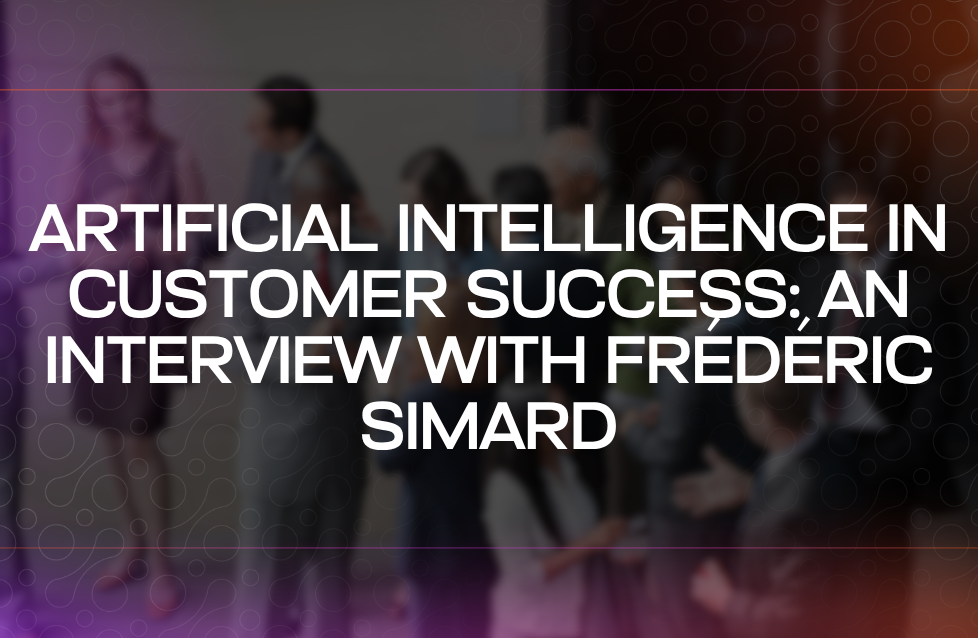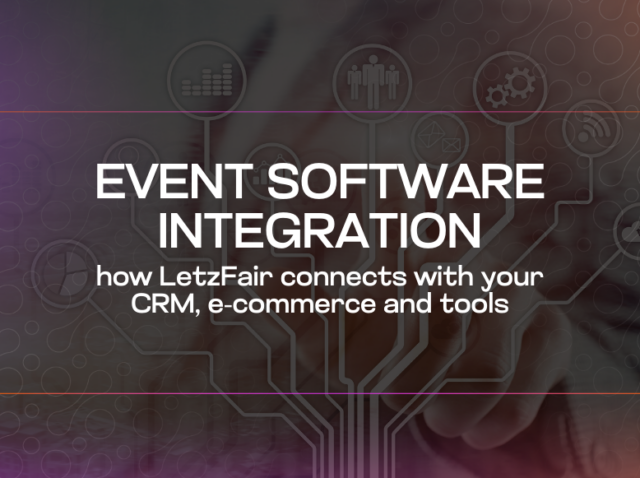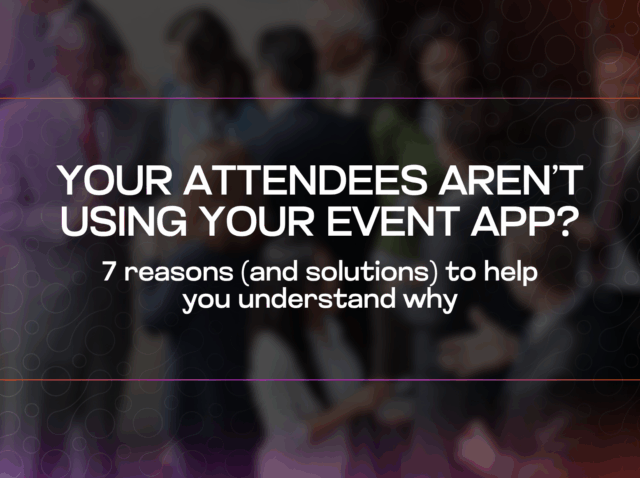In a previous post, we mentioned RE-AK Technologies, a Canadian start-up that successfully launched a pilot project using Artificial Intelligence in Customer Success — specifically to detect participants’ moods, emotions, and engagement during events through wearable devices.
It might sound like science fiction, right?
But it’s not!
We had the chance to talk with Frédéric Simard, CEO of RE-AK Technologies Inc., who shared insights about his company, the potential of emerging technologies, and how AI can transform customer satisfaction and event experiences as we know them.
Let’s start from the beginning: what is RE-AK Technologies and how did it all begin?
RE-AK has been offering emotional and cognitive analysis expertise since 2018. At that time, emotional response analysis was mainly based on facial expression recognition using webcams. Most of our services involved user experience studies for software, video games, and small physical products, performed at fixed workstations.
We began envisioning smart glasses capable of replacing facial expression video analysis with muscle activity detection. Combined with other data sources, such as electroencephalogram (EEG), electrodermal activity, and heart rate dynamics, we realized we could achieve the same results — but in a fully mobile setup.
We just needed the right opportunity to showcase our system, and that came when we met Geneviève Leclerc from the Palais des congrès de Montréal during an open innovation challenge (Coopérathon 2020, Montréal). Their Event Labaims to test new technologies in real-world conditions, and our approach provided a completely new interpretation of participant feedback — a topic of growing relevance in customer success and event analytics.
What are the main opportunities and challenges of working with Artificial Intelligence?
Artificial Intelligence (AI) and Machine Learning (ML) allow us to extract deep insights automatically from large datasets. We use them on two levels:
- To transform raw biosignals into interpretable emotional and cognitive metrics.
- To segment results and make them easier to understand.
Simply put, our approach wouldn’t be possible without AI and ML. The complexity and time needed for a human expert to replicate these analyses would make such a project unfeasible.
Of course, working with AI comes with challenges. In our case, experiment design is crucial to ensure participants’ emotional states are accurately triggered. Likewise, the electromechanical configuration of our detection system is essential to achieve the desired performance.
The Case Study: A Pilot Project at the Palais des congrès de Montréal
RE-AK Technologies participated in a pilot project at the Palais des congrès de Montréal, aimed at collecting biometric data from event attendees. How did it go? Did it meet your expectations?
It went very well. Although we had previous experience with similar studies, this one was different in a key way: instead of recruiting participants in advance, we opted for on-site recruitment. The goal was to minimize the host’s preparation work and test directly on real event participants.
We were pleasantly surprised by the results. During one event, about 70% of attendees agreed to participate, while during a second event — a tech hackathon and festival — people even lined up to try the device!
The main goal was to demonstrate feasibility, but one result truly stood out. We expected engagement to be the best predictor of where people would spend most of their time during the public fair. Surprisingly, it wasn’t. Excitementturned out to be a much stronger predictor. While engagement is tied to connection and focus, excitement is linked to emotional intensity and surprise — which seems to be exactly what people seek in public events.
We plan to explore this finding in a follow-up study, as it highlights how AI in customer success can reveal unexpected behavioral insights.

What lessons did you learn from this experience?
One key takeaway is that people are genuinely fascinated by emotions and moods. This project inspired us to launch a new service — Mindscape-Emotions — focused on studying emotional responses in entertainment and leisure experiences. The goal is to open a dialogue between experience creators (or event organizers) and participants, aligning with the principles of experiential marketing.
We’re still in the early stages, but this pilot confirmed that collecting biometric data outside of a controlled lab environment is possible and effective in identifying behavioral triggers.
We’re also deeply grateful to the Event Lab of the Palais des congrès de Montréal for their collaboration. Without such initiatives, conducting this type of research would be far more complex. Their support demonstrates how innovation and experimentation can shape the future of events worldwide.
What can we expect in the future from Artificial Intelligence in Customer Success and Events?
Our mission is to identify the key ingredients of a satisfying event experience. We aim to understand what people expect from professional and public events — and use this knowledge to help organizers create truly engaging, emotionally rewarding experiences.
We believe success doesn’t come from merely making people “happy.” Based on our ongoing research, we’ve found that great experiences are a mix of emotional and cognitive states — a balance that satisfies diverse audiences.
Fascinating, isn’t it?
AI is already making a significant impact in the event industry and customer success management, and there’s still immense potential to experiment, innovate, and optimize. The goal? To help organizers achieve better results with fewer resources — and to create memorable, emotion-driven experiences for every participant.
A special thanks to Frédéric Simard, CEO of RE-AK Technologies, for his time and insights, and to Geneviève Leclerc from the Palais des congrès de Montréal for making this inspiring pilot project possible. It’s only the beginning of a new era for Artificial Intelligence in Customer Success.









